Owen Calvert-Lyons: An interview with the Head of Theatre and Artist Development at Ovalhouse
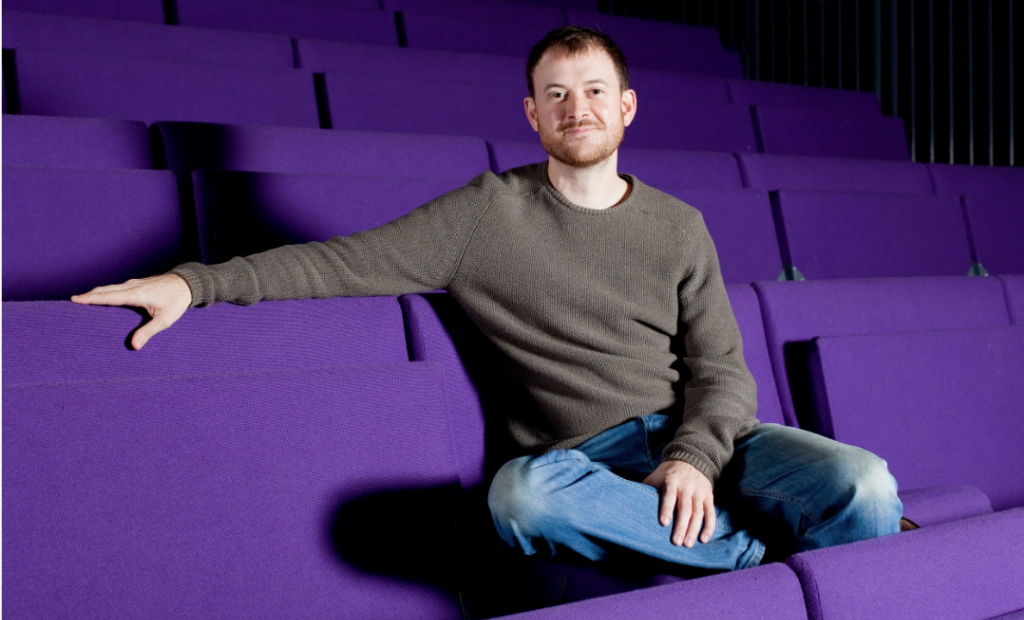
As the curtains fall at Ovalhouse Theatre in Kennington, we speak to Head of Theatre and Artist Development Owen Calvert-Lyons about relocating this iconic venue to the heart of Brixton with a ground-breaking project that will open in 2021 under the new name: Brixton House.
He talks us through the wild antics of Ovalhouse’s grand finale, how they are reaching audiences through virtual platforms, and the connection it offers during this unsettling time of the pandemic and the Black Lives Matter protests.
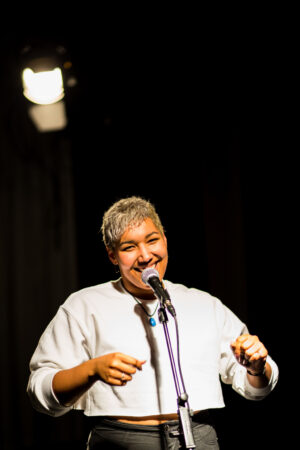
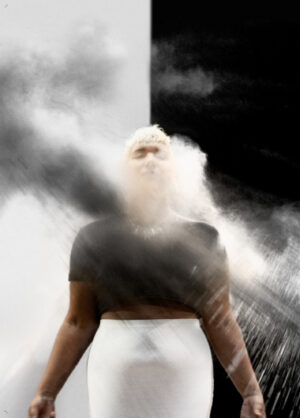
Ovalhouse will be moving to Brixton next year. Can you tell us about the decision behind relocating and the new opportunities it will bring?
Owen Calvert-Lyons: In 2021 Brixton House will open to the public – a purpose-built theatre with six rehearsal rooms and two auditoria all fully wheelchair accessible, including an accessible lighting-rig. This will be transformative: enabling a new generation of artists to access world-class facilities in order to make ground-breaking theatre.
After decades of being such an iconic theatrical venue, the final season was wrapped up with Ovalhouse’s Demolition Party Season. Can you tell us a bit about that?
OC-L: The Demolition Party was an extraordinary project and one that I am very proud of. We teamed up artists with structural engineers and gave each artist license to destroy a different part of the building. It was a huge undertaking; artists came up with brilliant demolition projects and then each project had to be developed by a team of engineers and builders to ensure that it could be done safely. Emma Frankland and her team of Trans Femmes dug a 2m hole through the floor of the main stage (beneath the foundations of the building!) for their production of We Dig. Rachel Mars and Greg Wohead removed tonnes of concrete from the ceiling of the bar to enable themselves to emerge through the floor of the Upstairs Studio during their production of Gaping Hole. Aoife van Linden Tol rigged the Box Office with explosives that were detonated to Jaydev Mistry’s score for The Orchestra of Destruction – the whole experience was as wild as it sounds.
What are some of your favourite memories during your time at Ovalhouse?
OC-L: I have some great memories from four years of creating radical and experimental productions at Ovalhouse. In 2016 we staged the first Brixton City Festival and Tarek Iskander (now Artistic Director of Battersea Arts Centre) directed Courttia Newland’s Manifesto in the churchyard of St Matthews Church on Brixton Hill just after sunset. It was electric hearing Courttia’s raw, powerful poetry spoken by four brilliant actors.
The Covid-19 pandemic has resulted in a huge rise and demand for online theatre platforms. Why was it important for you to release these archived Ovalhouse productions filmed by LIVR, the 360° virtual reality theatre on the Brixton House website?
OC-L: We know that audiences are crying out for theatre right now. Ideally, they want to see live performances, but while that isn’t possible, this is the next best thing. These films of Ovalhouse productions were originally created with LIVR for their platform and then used in The Virtual Theatre. So, when we approached LIVR and said “we want to do something fun for our audiences,” they said yes straight away and allowed us to use the LIVR Player through our new website.
You stated: “It is just as important for audiences to access the work of independent theatre-makers with powerful and important stories to tell.” How did you choose which of your productions to stream?
OC-L: We have such an extraordinary back catalogue of plays; it is really hard to choose only a few. All of these productions say something important about the world right now. Random Selfies is about child loneliness. At the start of June, Bath University released a report which suggested that the current lockdown could intensify feelings of loneliness and isolation amongst children – so it felt really important to get this story out there to support children and families.
Amid the backdrop of Black Lives Matter protests across the globe, we wanted to re-release Koko Brown’s GREY, which explores the mental health crisis in the UK and asks why black people are so much less likely to get help. We decided to release Koko’s WHITE too, partly because these two plays form part of what will be a trilogy, but also because of the way the play explores identity and race felt like an important contribution to current debates around racism in the UK.
With the online theatre production GREY, written by Koko Brown, using integrated BSL do you think this is something all digital theatre platforms should be adopting?
OC-L: Access is really important. So many D/deaf and disabled audiences are excluded from productions due to a lack of proper accessibility. I wish we could have provided more accessibility for these plays – the technology limited our options. But I hope that D/deaf audiences enjoy GREY and Sapphire Joy’s beautiful performance in BSL. Audiences who would like a transcript of any of these plays can also be sent one via email.
It’s a hugely frustrating and unsettling time. What do you think the future will hold for both theatre venues and artists?
OC-L: I think it’s important to remain positive and optimistic, especially when faced with such huge challenges as those presented by the outbreak of Covid-19. I take great heart from the work of companies like Fuel who have gathered artists together across the country to look at new ways of working. I think it’s important that we don’t rush to return to the status quo. This global catastrophe has given us the opportunity to stop what we are doing and rethink what is really important. I think that we should all use this time to imagine a better future.
Thank you for your time!
For more information, visit Ovalhouse’s website here.
Ezelle Alblas
Photo: Ludovic Des Cognets

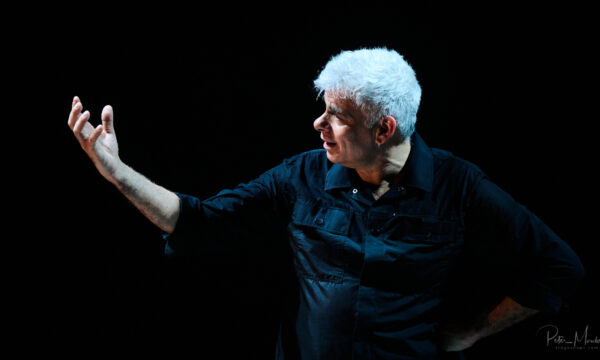
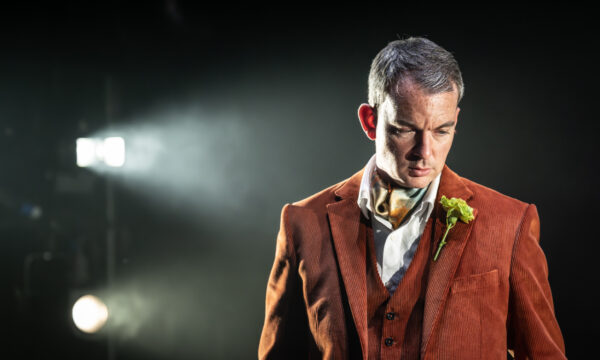
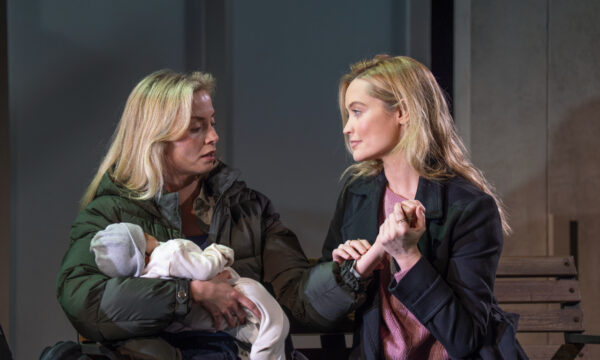
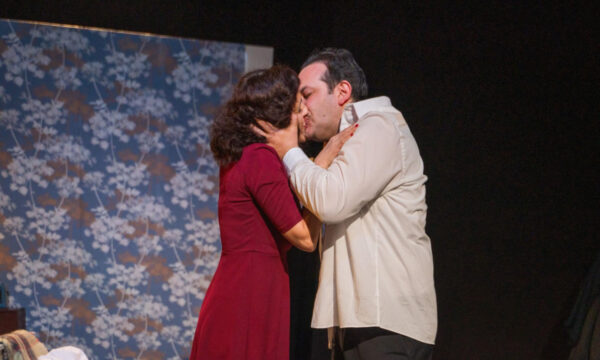
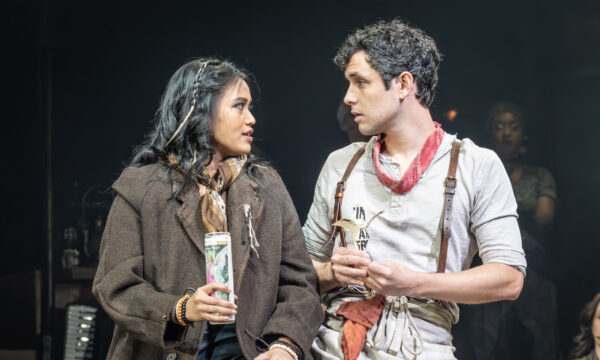
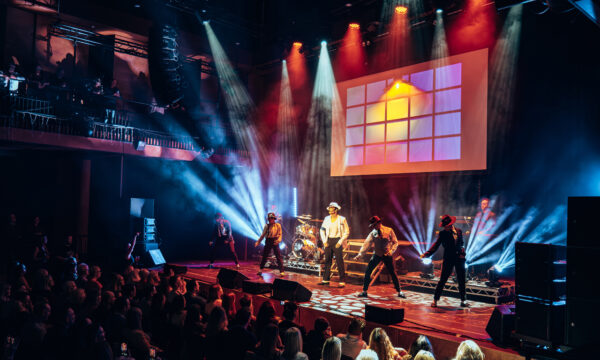

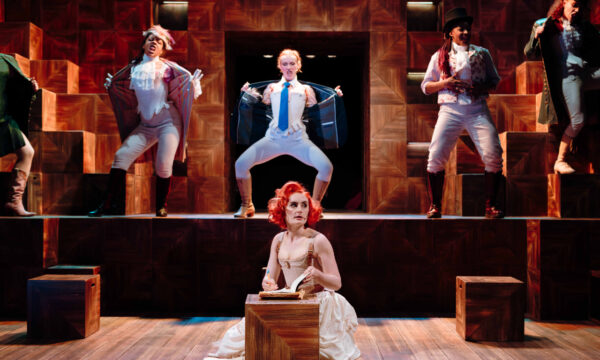
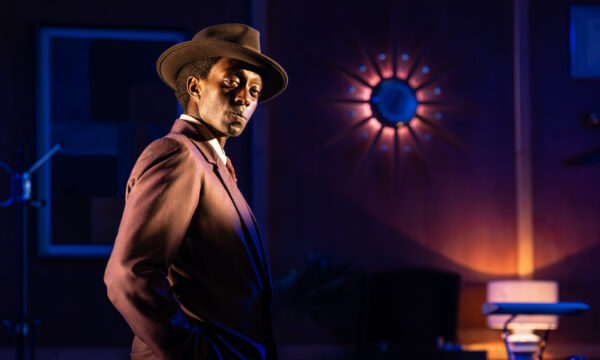








Facebook
Twitter
Instagram
YouTube
RSS